What tenants need to know about carbon monoxide
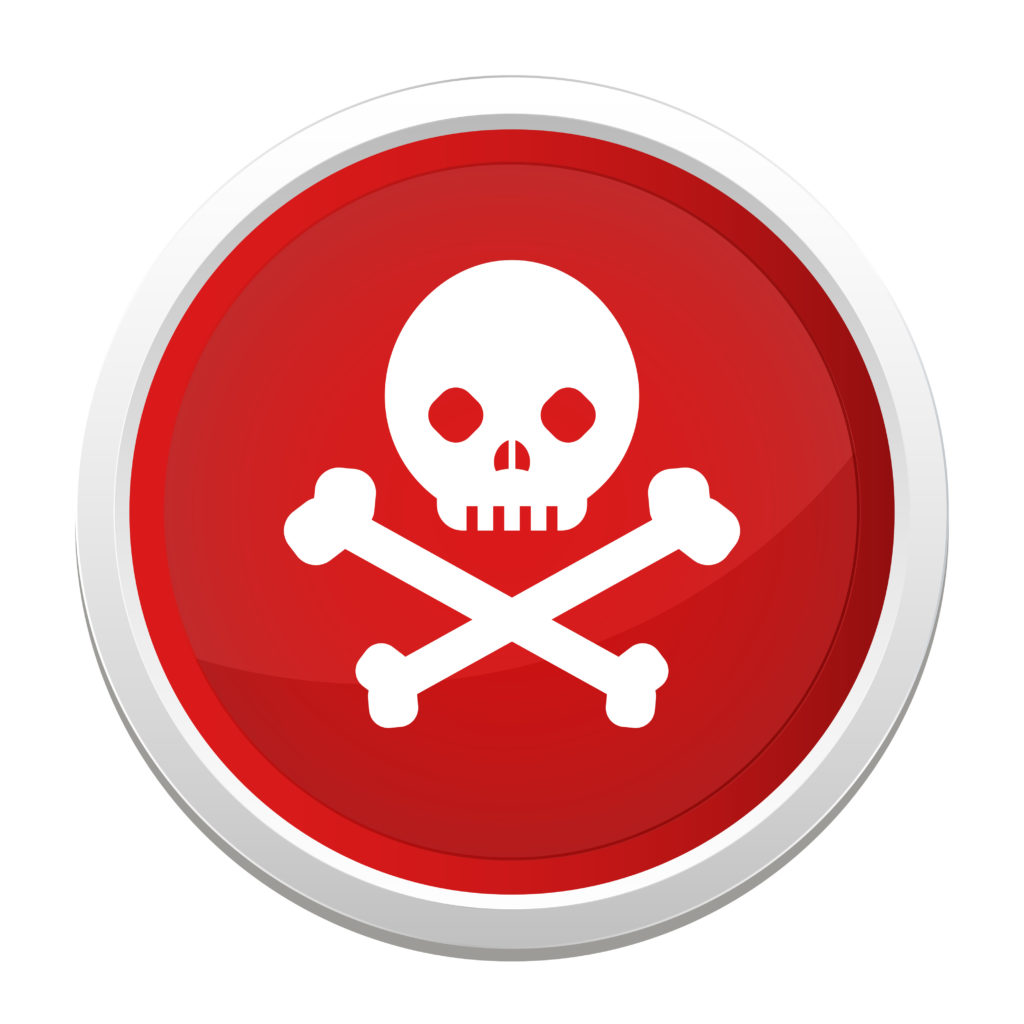
The title of this blog mentions tenants, but everyone needs to know this information. Carbon monoxide (CO) can be lethal and even if your landlord has fulfilled all his legal obligations, situations could still arise which could leave you or your family at risk.
Let’s start by looking at the landlord’s obligations.
Landlord’s obligations
Carbon monoxide alarms are required in rooms containing a solid fuel burning appliance, such as an open fire, stove or a wood burner. Although gas appliances can emit carbon monoxide, there is no current obligation to install carbon monoxide alarms in rooms with such gas appliances – boilers, gas fires and cookers, for example – but the Government encourages landlords to do so.
Landlords are required to have all gas appliances checked and certified as safe annually by a Gas Safe registered engineer. You should have been given a copy of the certification when you moved in and receive new versions within 28 days of each subsequent annual check.
Things you need to know
The regulations and checks are there to protect you, but you need to remain vigilant. Ask your landlord to show you how the installed detectors work and how to test them.
If you have any concerns about an appliance, pipework, a flue, or the operation of a carbon monoxide alarm you should get it checked without delay, even if your annual check is due in a few days’ time. Something as simple as an unswept chimney, or a bird making a nest in one, can cause a problem. If you experience a power cut and decide to use your camping stove to cook supper, you could be putting yourself at risk. Exhaust fumes from a vehicle engine are another source of carbon monoxide, so be wary of running engines in garages especially when the garage is attached to the house.
The effects, signs and symptoms
Carbon monoxide is deadly and even a few breaths can leave us in trouble. It binds to the haemoglobin in our blood, stopping the carriage of oxygen. A concentration of less than 2% in the air can kill in less than 3 minutes. It’s hard for us to detect – we can’t smell it, taste it or see it, which is why the detector alarms are so important. Ask your landlord to show you how the installed detectors work and how to test them.
Even though carbon monoxide poisoning can be fatal, in low concentrations, the gas can produce symptoms which could easily be mistaken for the signs of another illness. People report feeling tired, dizzy, breathless and may complain of headaches, stomach pains or nausea. It’s worth knowing that what you think is a common virus could be something much more dangerous. If you’re concerned seek medical advice without delay. It’s important that your blood is tested for the presence of CO soon after the suspected exposure.
In an emergency
If, for any reason, you think there’s a leak of carbon monoxide in the property, leave immediately, and if it’s possible, leave doors open as you vacate. There’s a special phone number for gas emergencies: 0800 111 9999. Call it and follow their advice.

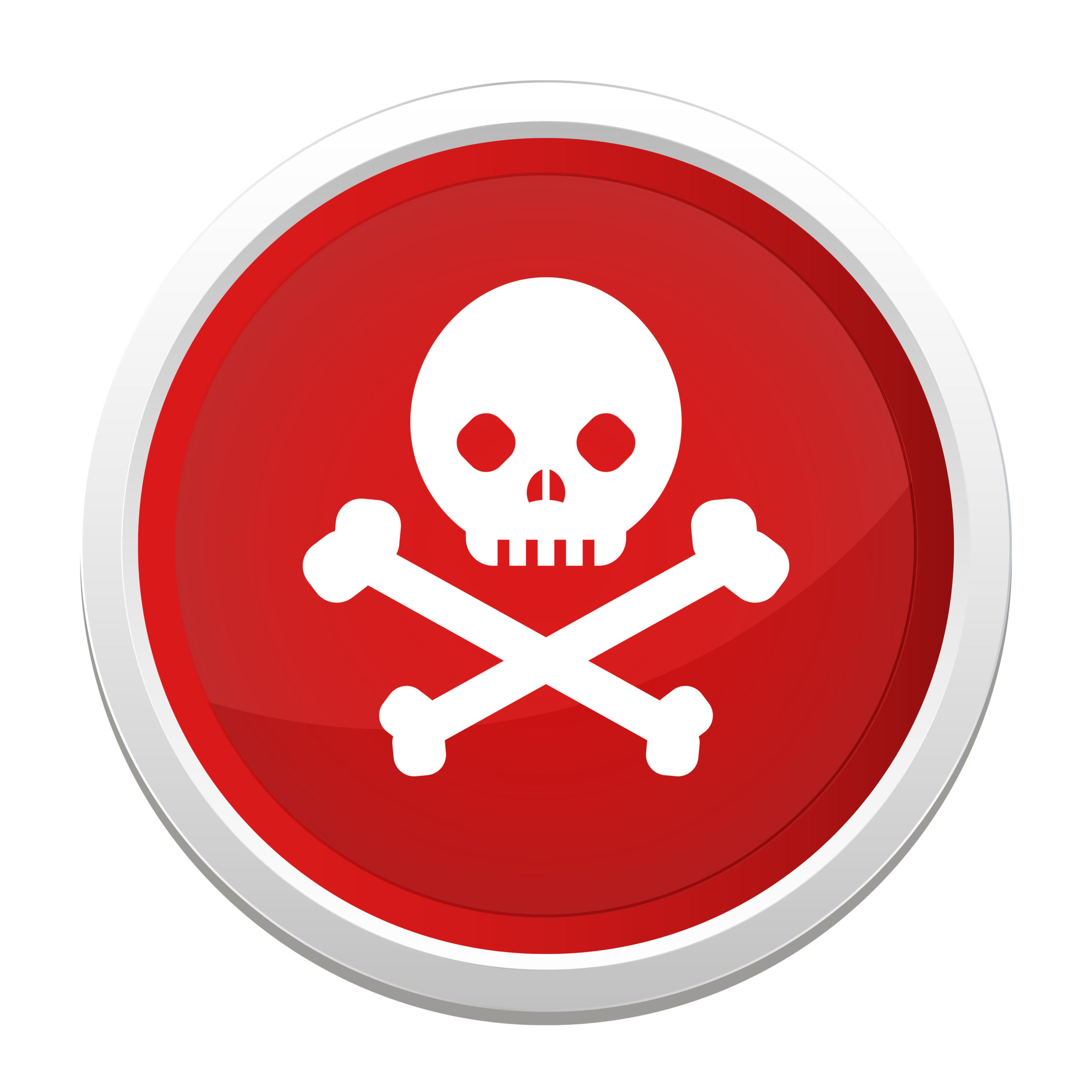

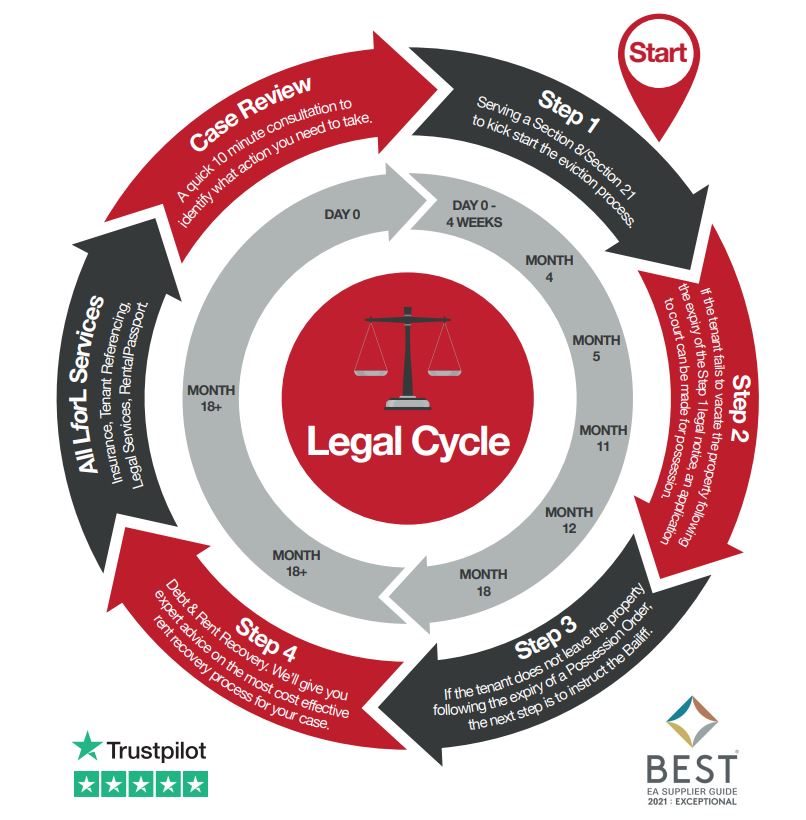
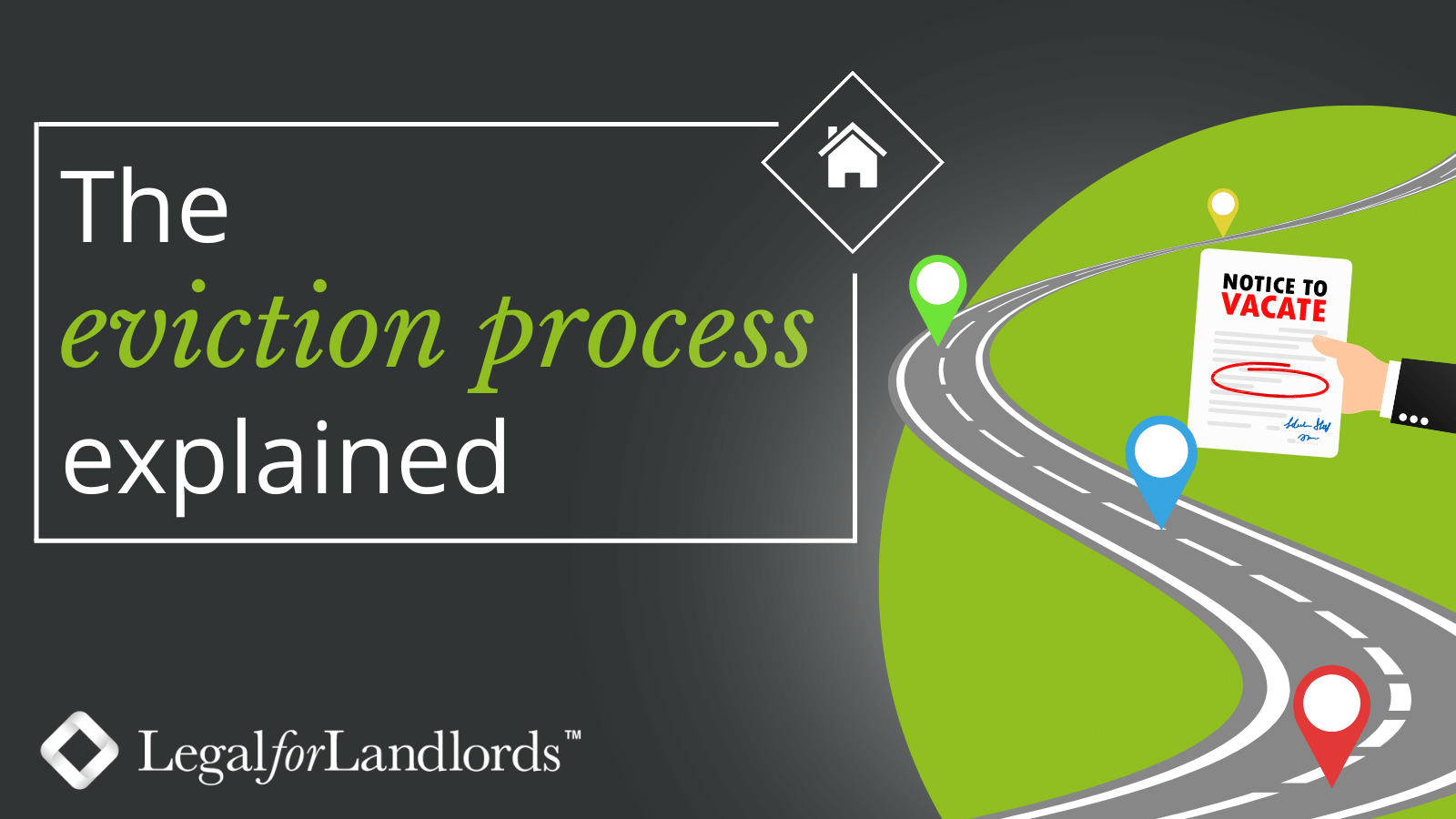


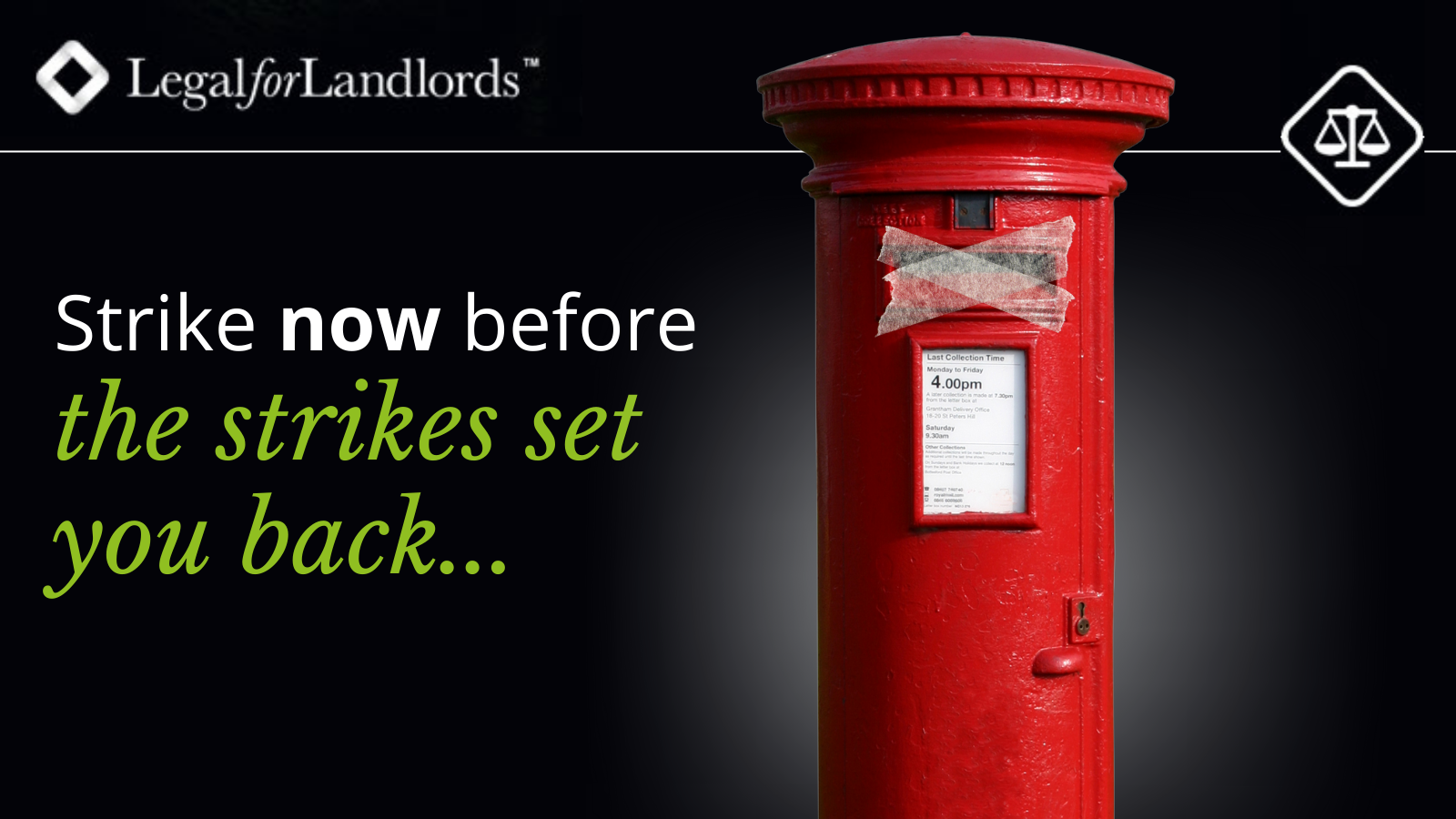


















Leave a Reply
Want to join the discussion?Feel free to contribute!